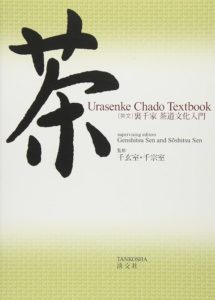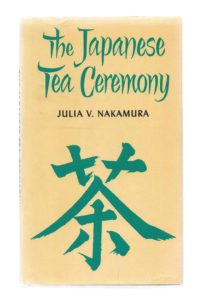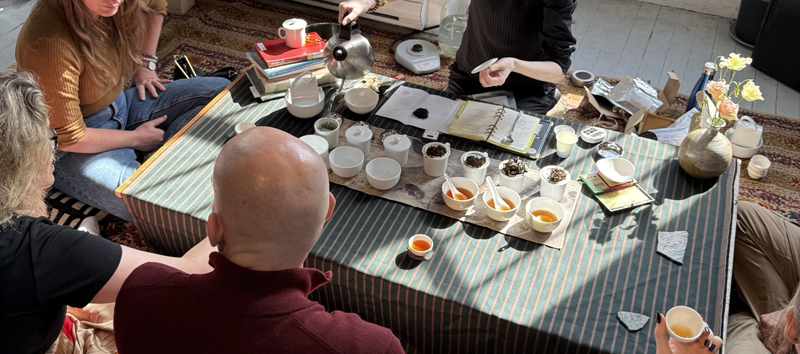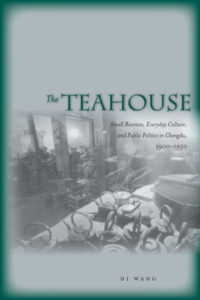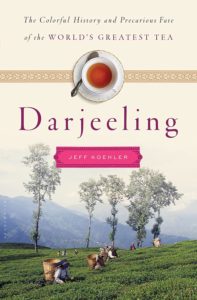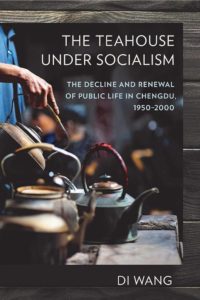 For those that don’t follow my posts too closely, this is the second book of a duo that deals with Chengdu’s public life from the end of the Qing Dynasty, all the way up to (mostly) modern day.
For those that don’t follow my posts too closely, this is the second book of a duo that deals with Chengdu’s public life from the end of the Qing Dynasty, all the way up to (mostly) modern day.
This volume picks up just where the other leaves off, in October of 1949. Events can be broadly divided into the Maoist and Post-Maoist eras, with the former seeing major reforms to businesses, and placing heavy restrictions on social life. The latter lifts much of this following the Cultural Revolution, leading to a ‘return to form’ for teahouses, and with the introduction of new technology and modern convenience further transforming the place of the humble teahouse in public life. Continue reading




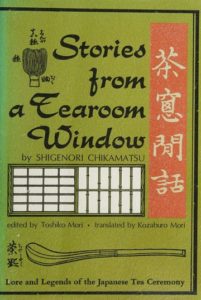 My policy is if it’s published by Tuttle, it’s usually a good book. Still, I’ve passed over this book a few times on the library shelf, because I mistook it as a historical collection of fictions. What this book really is, is a collection of recounted exchanges, anecdotes, and records of ownership of ‘mythical’ chanoyu utensils.
My policy is if it’s published by Tuttle, it’s usually a good book. Still, I’ve passed over this book a few times on the library shelf, because I mistook it as a historical collection of fictions. What this book really is, is a collection of recounted exchanges, anecdotes, and records of ownership of ‘mythical’ chanoyu utensils.
